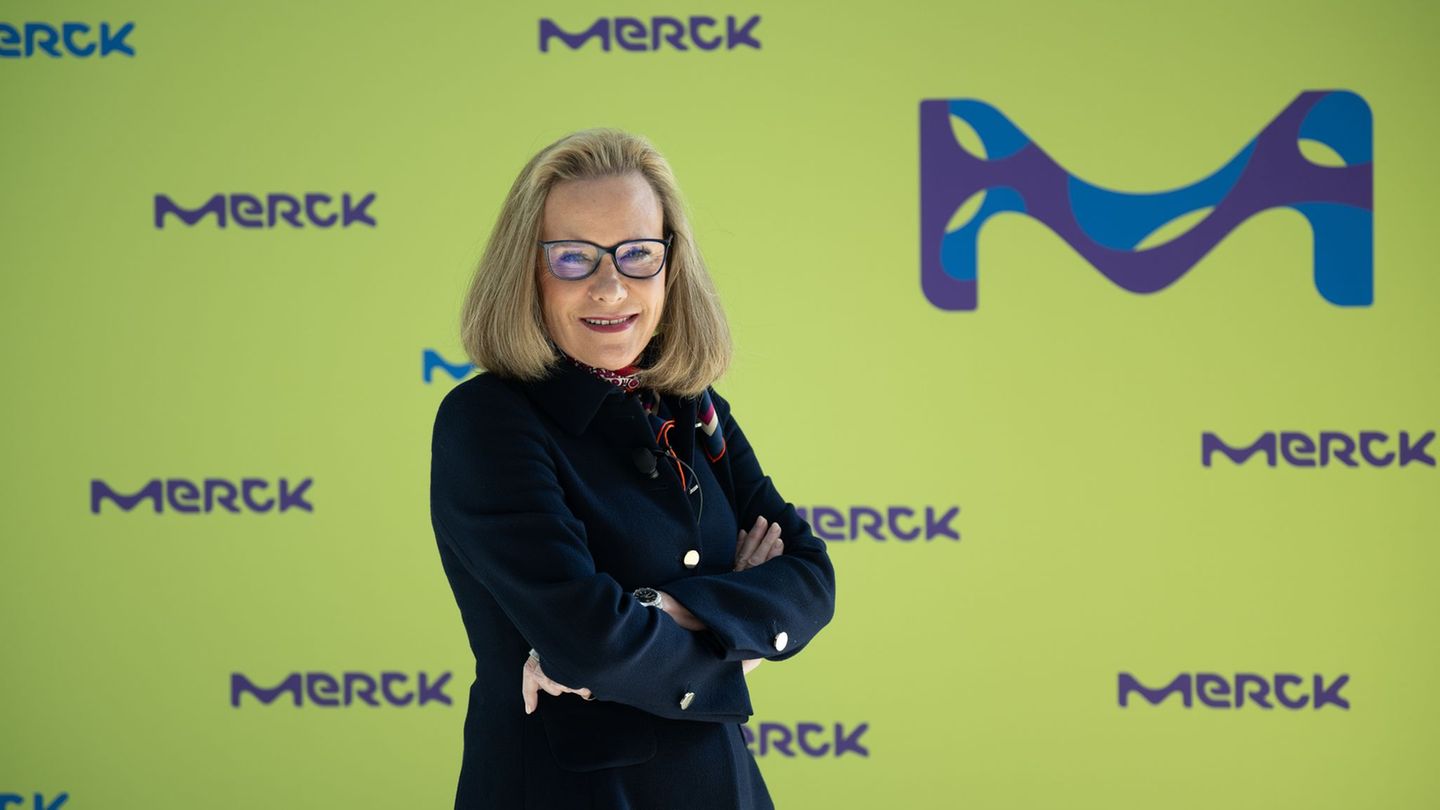Organic farming is set to be expanded significantly in the EU in the coming years. However, the union will probably miss its own target. So far, only one of Germany’s neighbours has achieved this.
Despite billions in subsidies, the European Union will miss its target for expanding organic farming, according to a report. Brussels has given farmers around twelve billion euros since 2014 to switch to organic farming or to maintain it. A further 15 billion euros are to be made available for the period up to 2027. However, the EU is likely to “significantly miss” its self-imposed target of farming a quarter of agricultural land organically by 2030, according to a press release from the European Court of Auditors.
According to the European statistics office Eurostat, the share of organic farmland in the EU was 10.5 percent in 2022, 4.6 percentage points higher than in 2013. The growth rate would have to double to reach the target of 25 percent by 2030, according to the Court of Auditors. With a share of just under ten percent, Germany is slightly below the EU average. Austria has by far the highest share in the EU, with well over 25 percent organic farming.
In addition to the slow pace of expansion, the Court of Auditors also criticizes the fact that farmers can currently receive subsidies for organic farming without complying with “basic principles of organic farming.” Animal welfare standards are cited as examples. The report also laments the lack of EU-wide targets for the sector after 2030.
The EU Commission was nevertheless optimistic about the report. “Almost all member states now have comprehensive strategies for organic farming for the first time,” the authority said.
Court of Auditors website
Source: Stern




